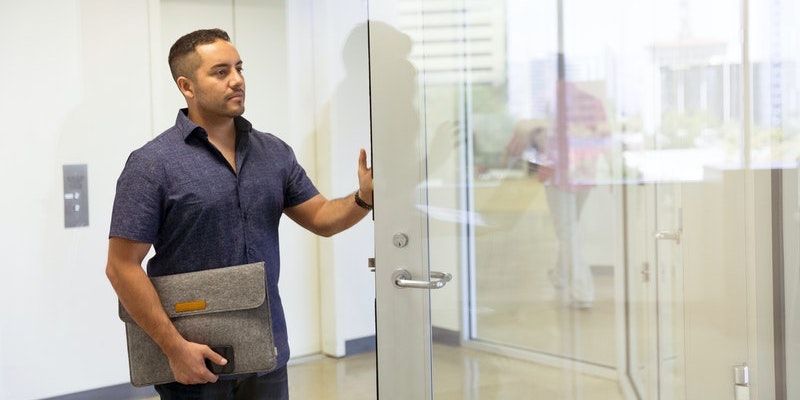Emotion-Focused Couples Therapy (EFT) is a widely used approach in helping couples work through their issues and improve their relationship. Developed by Dr. Sue Johnson and Dr. Les Greenberg, EFT focuses on exploring and addressing the emotional underpinnings of relationship conflicts. In this article, we will discuss six key interventions that can be used in EFT to help couples deepen their emotional connection and heal their relationship.
1. Identify underlying emotions: One of the first steps in EFT is helping couples identify and express their underlying emotions. Often, conflicts in relationships are fueled by unmet emotional needs or unexpressed feelings. By encouraging couples to explore and articulate their emotions, therapists can help them gain insight into their own feelings and better understand their partner’s perspective.
2. Emotion validation: In EFT, therapists work to validate each partner’s emotions, helping them feel understood and supported. Validation involves acknowledging and accepting the validity of one’s emotional experience, even if it may not make logical sense to the other partner. By validating emotions, therapists can help couples build empathy and emotional connection, which is essential for resolving conflicts.
3. Reframing negative interactions: EFT focuses on reframing negative interactions between couples in a more positive light. Therapists help couples recognize their negative patterns of communication and behavior, and encourage them to find new, more constructive ways of interacting. By reframing negative interactions, couples can break free from harmful cycles and create healthier ways of relating to each other.
4. Emotion coaching: Emotion coaching is a key intervention in EFT that involves helping couples develop emotional awareness and regulation skills. Therapists teach couples how to identify and express their emotions effectively, and how to respond empathetically to their partner’s emotions. By enhancing emotional intelligence and communication skills, couples can better navigate conflicts and deepen their emotional bond.
5. Emotion shaping: Emotion shaping involves helping couples change their emotional responses to each other in a more positive direction. Therapists guide couples in expressing their emotions in a way that fosters connection and intimacy, rather than distance and conflict. By shaping emotions towards more positive outcomes, couples can create a more emotionally fulfilling relationship.
6. Consolidation: In EFT, consolidation is the final stage where couples solidify their progress and integrate new skills into their relationship. Therapists help couples reflect on their journey, celebrate their successes, and make plans for maintaining their emotional connection in the future. By consolidating their gains, couples can build a stronger foundation for continued growth and intimacy.
In conclusion, Emotion-Focused Couples Therapy offers a powerful framework for helping couples heal and strengthen their relationships. By incorporating these key interventions into therapy sessions, therapists can help couples deepen their emotional connection, improve communication, and resolve conflicts in a healthy and constructive way. With commitment and guidance, couples can create a more fulfilling and satisfying relationship through EFT.



